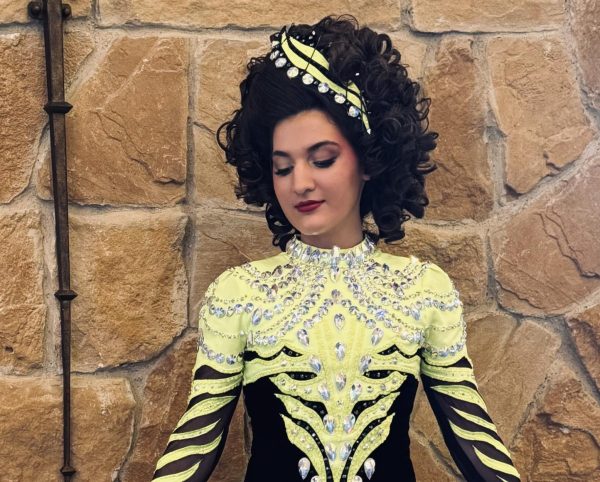Redwall: A Brief Review
Brian Jacques’ Redwall, the first novel of its namesake series, has been a staple for many growing up since its publication. What middle-schooler could resist getting an insight into the secret adventures of the creatures that dash around his backyard?
I missed out on reading the book at its target age. Many middle-grade books lack appeal outside of their intended audience. They are indubitably shallow, and will fall at the first sign of scrutiny. Redwall, however, holds up despite its simplicity—perhaps even because of it.
Without giving spoilers (read it for yourself, should you be so convinced!), the novel tells the tale of the abbey-dwelling mouse Matthias as he attempts to defend his home of Redwall from the marauding rat Cluny the Scourge. It is a common gripe that Redwall has a dearth of morally-ambiguous characters or thought-provoking, deadlocked issues, and this is true. But such things are not necessary for a good story. Jacques weaves a compelling narrative even with rather cut-and-dry characters. That is not to imply a lack of depth, it should be noted. The story certainly has substance, and the reader can glean lessons of courage and hope from it.
The most notable thing about Redwall right from the beginning is that all of its characters are anthropomorphic animals. You could call it animal xenofiction, albeit only to a certain extent. The animals still inhabit a relatively human society, and engage in relatively human activities. Their inherent traits are, however, acknowledged. In some cases—squirrels climbing buildings, moles acting as a tunneling company—this aspect is enjoyable. In others, however, it falters—rats, ferrets, foxes, and other such vermin are labelled as intrinsically evil, which comes off as rather stifling. On the other hand, the world of Redwall is full of mystery and charm. It is filled to the brim with secrets and stories waiting to be told. And Jacques’ style of writing is both readable and rich. It is certainly no mastery over prose, but lush descriptions and tidbits of witty silliness give it a wonderful edge.
Most importantly, the novel treats the reader with dignity. It doesn’t think itself a joke, nor does it take itself deathly seriously. The characters are clearly divided into good and evil, but (most of the time) not to a cartoonish extent. Redwall makes it clear that simplicity does not eliminate depth, and that a story can be worthwhile without tackling the most complex moral issues of the time. That is what makes it appealing to young and old alike.

Joseph Sacco is a Journalism student and current Senior at MoDG. He loves reading, writing, and learning other languages.






